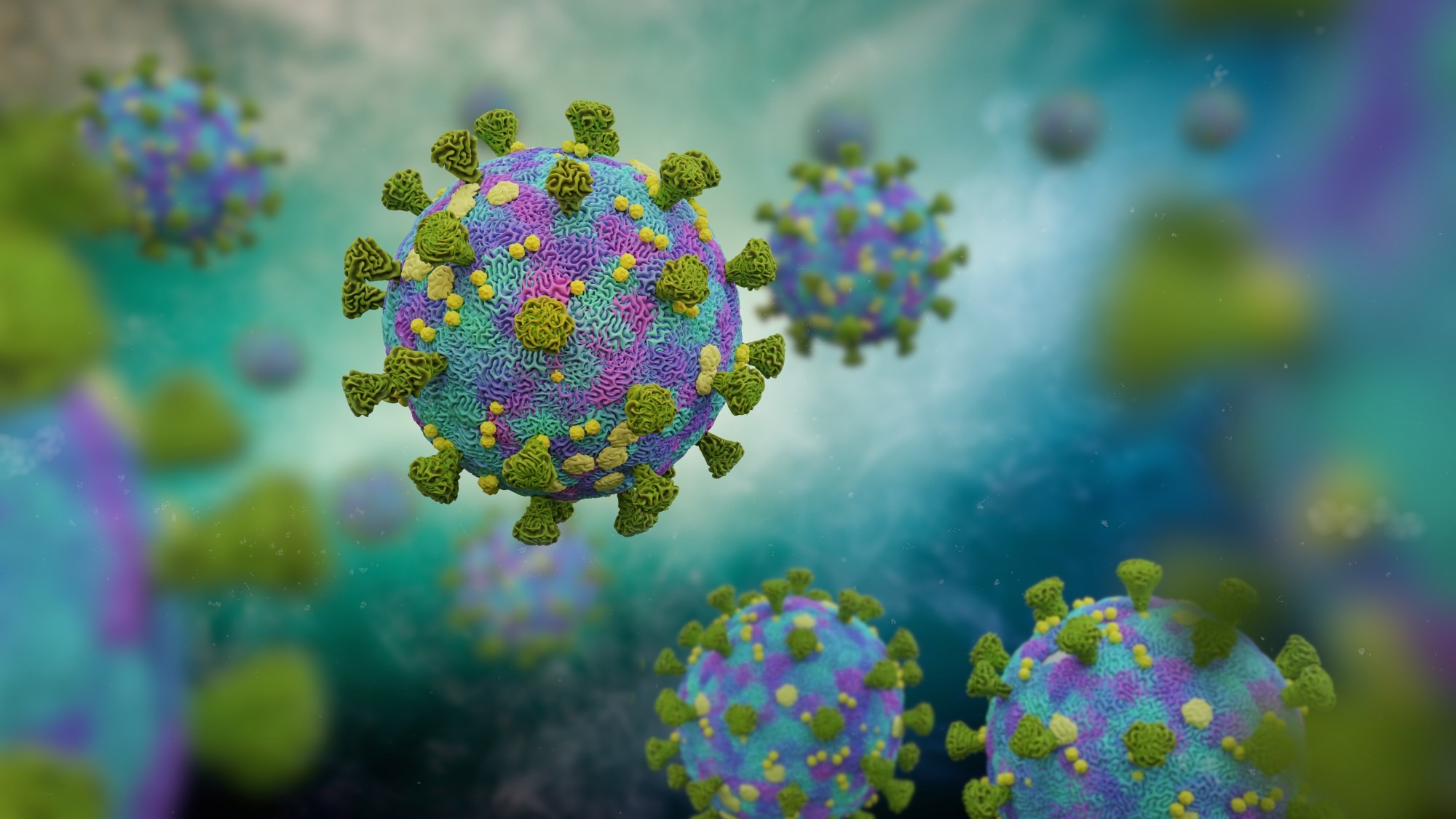They meta-analyzed the gathered data to determine the effectiveness of a previous SARS-CoV-2 infection in preventing SARS-CoV-2 re-infections, including both symptomatic and severe re-infections (three study outcomes). The researchers stratified results by the infecting SARS-CoV-2 variant and time lapsed since the previous infection, as much as possible. Finally, they used a Bayesian meta-regression model to quantify the pooled estimates of protection conferred by a previous SARS-CoV-2 infection.
 Study: Past SARS-CoV-2 infection protection against re-infection: a systematic review and meta-analysis. Image Credit: Dotted Yeti / Shutterstock
Study: Past SARS-CoV-2 infection protection against re-infection: a systematic review and meta-analysis. Image Credit: Dotted Yeti / Shutterstock
Background
It is crucial to determine the magnitude of protection that past SARS-CoV-2 infection confers upon subsequent re-infection, symptomatic COVID-19, and severe illness. First, it could help predict potential future disease burden. Secondly, it could inform policies related to travel and COVID-19 vaccination schedules to curb the high risk of SARS-CoV-2 transmission.
About the study
In the present study, researchers searched peer-reviewed publications, reports, preprints, medRxiv, and news articles in databases, such as PubMed, medRxiv, and Web of Science using keywords, such as SARS-CoV-2, a previous or past infection, natural immunity, or re-infection.
They accrued data from retrospective and prospective cohort studies and case-control studies with test-negative designs. The extracted data encompassed author(s), geographic region, primary and re-infection SARS-CoV-2 variant (ancestral, pre-Delta, Delta, or Omicron), infection outcomes (symptomatic/severe), age, the magnitude of protection (high/low), the median time since infection, time since baseline in weeks, and the test/assay used to determine past infection.
Note that the studies that met the inclusion criteria used antibody testing, reverse transcription-polymerase chain reaction (RT-PCR), rapid antigen test (RAT), or a combination of these to determine past infection status. Further, the team performed a risk-of-bias assessment on each included study by the National Institutes of Health tools and assigned a quality rating of good, fair, or poor.
The researchers defined study outcome(s), re-infection as a positive RT-PCR/ RAT more than 90 days after a past positive test, two positive tests after four negative tests, or a positive PCR/RAT with a positive antibody test. Likewise, they defined symptomatic re-infection as re-infection with SARS-CoV-2 that leads to new onset of symptoms and severe illness as re-infection that leads to hospitalization or death.
Study findings
The researchers identified 65 studies from 19 nations, with 30 studies having data on time since infection. Of these, 18 studies analyzed protective immunity as a function of time elapsed since primary infection, whereas the remaining 13 studies mentioned the average time since the initial infection. Most studies, i.e., 38, included studies that relied on PCR or RAT, whereas 16 and nine studies on antibody testing and a combination of the two, respectively, for determination of COVID-19 history.
The mean pooled estimate of protection against re-infection was >82% for ancestral, pre-Delta, and Delta variants. The estimates were high (over 85%) against all three study outcomes, irrespective of variant. However, it substantially reduced against re-infection by BA.1 with a collective efficacy of merely 45.3%. Further, the analysis showed that protection against severe illness from Omicron re-infection remained high. Indeed, Omicron BA.4 and BA.5 subvariants showed a greater immune escape.
Strikingly, although protection from past infection waned over time, the level of protection against all three study outcomes appeared durable, similar in magnitude to the protection provided by a two-dose mRNA vaccination regimen, as illustrated in an unpublished study by Nassereldine H et al. Studies directly comparing natural and vaccine-induced protection also made the same observation.
Furthermore, results concerning protection against symptomatic illness were comparable to protection against re-infection, i.e., the first study outcome. Accordingly, it was >82% for ancestral, pre-Delta, and Delta variants but markedly reduced for Omicron BA.1 subvariant, with a pooled estimate of 44%. Data from 12 other included studies showed that protection against severe illness was generally high, with average protection of >78% against all SARS-CoV-2 variants, with the ancestral variant having the lowest collective estimate of 78.1%. Thankfully, this protection appeared durable for up to one year.
Conclusions
The study results highlighted the need for weighing protective immunity from previous SARS-CoV-2 infections to that conferred by vaccination in preventing the risks of severe morbidities and mortalities due to the initial infection. It could vary with infecting variants; for instance, Omicron caused less severe outcomes than Delta and even posed less risk related to age and pre-existing health conditions (e.g., obesity and hypertension).
Moreover, this study had significant policy implications. First, its results suggested that surveillance systems monitoring SARS-CoV-2 re-infections and variant emergence remain relevant as they could help manage current and future transmission. Second, nations should consider restricting travel or access to specific venues based on immune status conferred by vaccination and natural infection. Thus, some countries righteously considered past infection as one of the eligibility criteria for the European Union COVID certificate, except for the United States of America and Australia.
Third, past infection-acquired immunity should be an integral part of the guidelines when prioritizing people for COVID-19 vaccination, including boosters. Lastly, as new SARS-CoV-2 variants emerge, epidemiological studies should monitor the protection afforded by past infections and not just the COVID-19 vaccination.